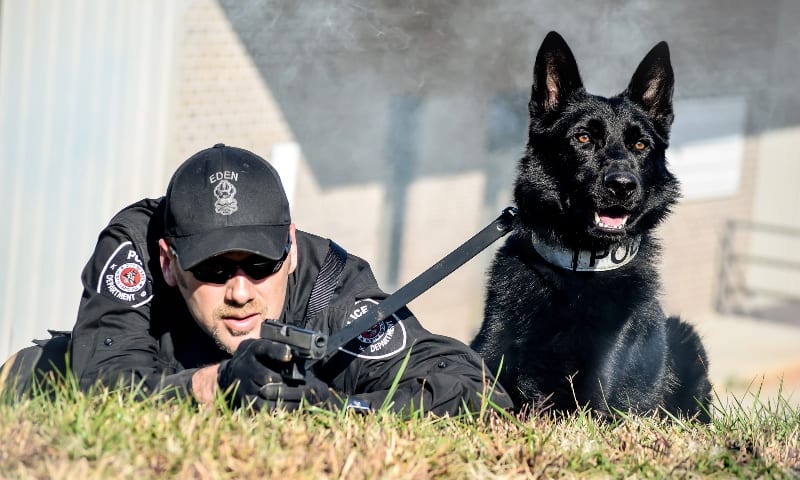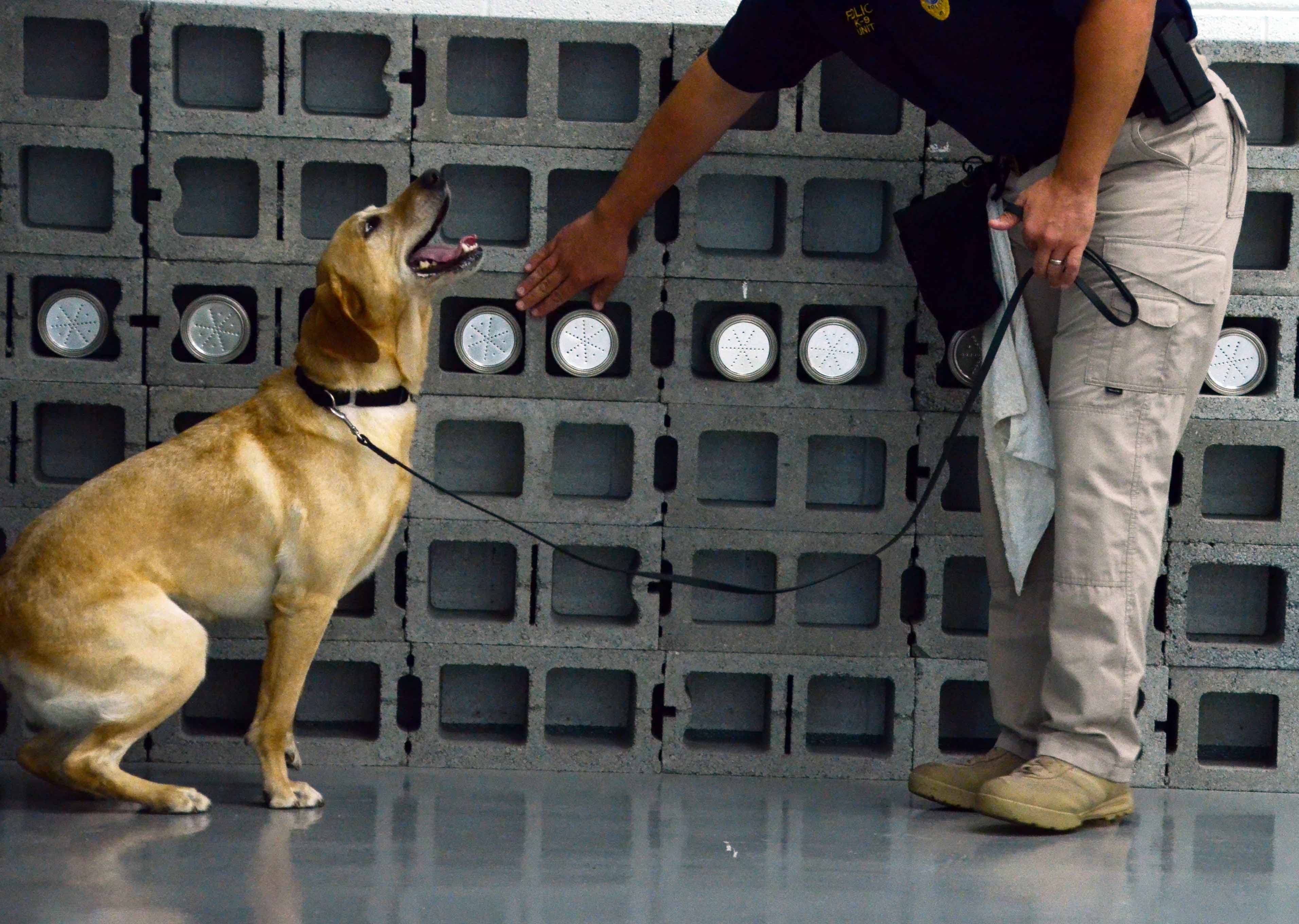Important Canine Educating Strategies for a Life Time of Etiquette
Effective dog training is fundamental to fostering a mannerly buddy that enriches our lives. Vital methods, such as favorable reinforcement and regular command training, not just boost obedience yet additionally reinforce the bond in between owner and pet. Understanding canine habits and utilizing socialization techniques can prevent potential concerns before they arise. The journey doesn't end with standard commands; resolving behavior challenges requires a nuanced technique that several ignore. What are the essential elements that can transform your training experience and make certain lasting outcomes?
Comprehending Dog Actions

Furthermore, comprehending the innate instincts and drives of a pet dog-- such as prey drive, social interactions, and territorial behaviors-- makes it possible for trainers to prepare for and take care of certain habits. A canine with a strong prey drive might require different techniques than one that is more socially inclined.
Additionally, very early socializing and direct exposure to various environments significantly influence a pet's habits and character. Positive experiences during vital developing durations can result in well-adjusted adult pets, whereas negative experiences might lead to anxiousness or aggressiveness.
Favorable Reinforcement Techniques
Amongst the different canine training strategies, positive support methods stand apart for their effectiveness and ability to reinforce the bond between pet dog and instructor (Ohana K9 Academy). This technique emphasizes gratifying preferred behaviors instead than penalizing undesirable ones, promoting a much more participating and trusting partnership
Favorable reinforcement can take several kinds, consisting of treats, praise, toys, or playtime. The key is to offer instant incentives when the pet shows the wanted behavior, permitting them to make the connection between the action and the positive end result. For example, if a dog remains on command, offering a reward as soon as possible enhances that actions, making it most likely to be repeated.
Consistency is important in favorable support training. Trainers should make use of the exact same hints and rewards to stay clear of puzzling the pet dog. In addition, varying the rewards can keep the pet dog's interest and inspiration, transitioning from regular treats to periodic praise or play as the dog masters the actions.

Fundamental Command Training
Building on the foundation developed with positive support approaches, fundamental command training serves as an important action in establishing a well-mannered pet dog. This training commonly incorporates vital commands such as "sit," "stay," "come," and "down - Ohana K9 Academy." Each command plays an important duty in promoting efficient interaction between the pet and its owner, enhancing the overall bond
Start with brief, focused sessions lasting no more than 5 to 10 minutes to maintain your pet's attention. Utilize high-value treats as benefits, ensuring the canine connects appropriate habits with favorable end results.
Perseverance is essential; pets may require numerous reps to grasp commands fully. Gradually boost the complexity by introducing variations or distractions once your canine dependably responds. Regular practice reinforces discovered commands, solidifying them in your canine's habits collection. why not try these out Eventually, fundamental command training not only promotes obedience however likewise improves safety and security and promotes enjoyable interactions during walks and playtime, laying the groundwork for advanced training techniques in the future.
Socialization Techniques
In the realm of pet dog training, socialization strategies are necessary for growing a well-adjusted and certain canine buddy. Reliable socializing includes exposing your dog to a range of settings, people, and various other pets in a controlled and positive manner. The key goal is to aid your pet dog develop a convenience degree with varied experiences, which can substantially decrease fear and anxiety in unfamiliar scenarios.
Begin socialization during the important developmental home window of 3 to 14 weeks, when young puppies are most receptive to new experiences. Present your dog to various settings, such as parks, urban locations, and homes with various other animals. Guarantee these encounters are favorable by utilizing deals with and appreciation to reinforce etiquette.
Group training classes are a superb method to expose your pet to other pets and people in an organized visit here environment. This permits for supervised communications, helping your dog find out suitable social hints. Routine outings and playdates with courteous pets can even more boost social skills.
Addressing Behavioral Issues
Attending to behavioral problems in pets is a crucial aspect of training that requires an organized approach and understanding of canine actions. Usual concerns such as barking, chewing, aggression, and stress and anxiety can originate from different aspects, consisting of absence of socialization, inadequate exercise, and even clinical concerns.

Additionally, developing an organized regimen that consists of routine exercise and psychological excitement can dramatically relieve behavior issues. For example, interactive toys can maintain a pet engaged and lower damaging propensities. In instances of serious aggression or anxiousness, talking to a professional canine trainer or a read this post here veterinary behaviorist may be required.
Verdict
In final thought, effective dog training techniques, including favorable support, standard command training, and socialization, are essential for fostering great actions throughout a dog's life. Resolving behavioral problems with a systematic approach not only improves obedience yet likewise reinforces the bond between canines and their owners. By carrying out these strategies constantly, pets can establish into well-adjusted buddies, qualified of browsing numerous settings and interactions with confidence and simplicity. Hence, establishing a foundation for an unified partnership is necessary.